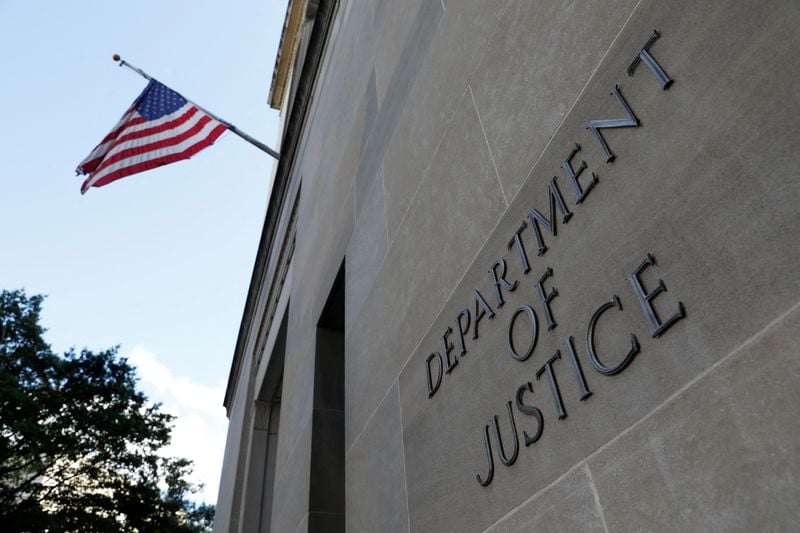GRAND RAPIDS – The U.S. Attorney’s Office for the Western District of Michigan filed a criminal complaint today to arrest and charge Candi Taylor (39) of Kalamazoo, Michigan for possession with intent to distribute fentanyl.
According to court documents, the Kalamazoo Valley Enforcement Team (KVET), a multi-jurisdictional narcotics task force, has been investigating Taylor for her involvement with fentanyl distribution in and around Kalamazoo. KVET obtained a warrant to search Taylor’s residence, vehicle, and a second residence believed to be Taylor’s stash house. Taylor was in her vehicle when KVET executed the warrants and officers found her with a baggie containing approximately 10 grams of fentanyl in her hand and a digital scale nearby. Investigators found two more baggies in her coat pocket containing over 100 grams of fentanyl. A search of Taylor’s suspected stash house yielded seven baggies containing over 1,400 grams of fentanyl. For more information, please see the continuation in support of the criminal complaint available on the public docket. United States v. Taylor, No. 1:22-MJ-122 (PJG), ECF No. 1 (W.D. Mich.)
If convicted of the charges in the complaint, Taylor faces a statutory minimum of ten years and up to life in prison.
Taylor made her initial appearance on March 4, 2022 before Magistrate Judge Phillip J. Green in U.S. District Court for the Western District of Michigan.
U.S. Attorney Andrew Birge of the Western District of Michigan, Acting Special Agent in Charge Kent R. Kleinshmidt of the U.S. Drug Enforcement Administration’s Detroit Field Division, and Kalamazoo Department of Public Safety Chief Vernon L. Coakley, Jr. made the announcement.
The U.S. Drug Enforcement Administration and Kalamazoo Valley Enforcement Team are investigating the case.
Under the United States Constitution, the government must present felony cases to a grand jury and obtain indictments to proceed with prosecution. The charges in the complaint are merely accusations and are not evidence of guilt. The defendant is presumed innocent unless and until proven guilty in a court of law. The government has the burden of proving guilt beyond a reasonable doubt.
###
